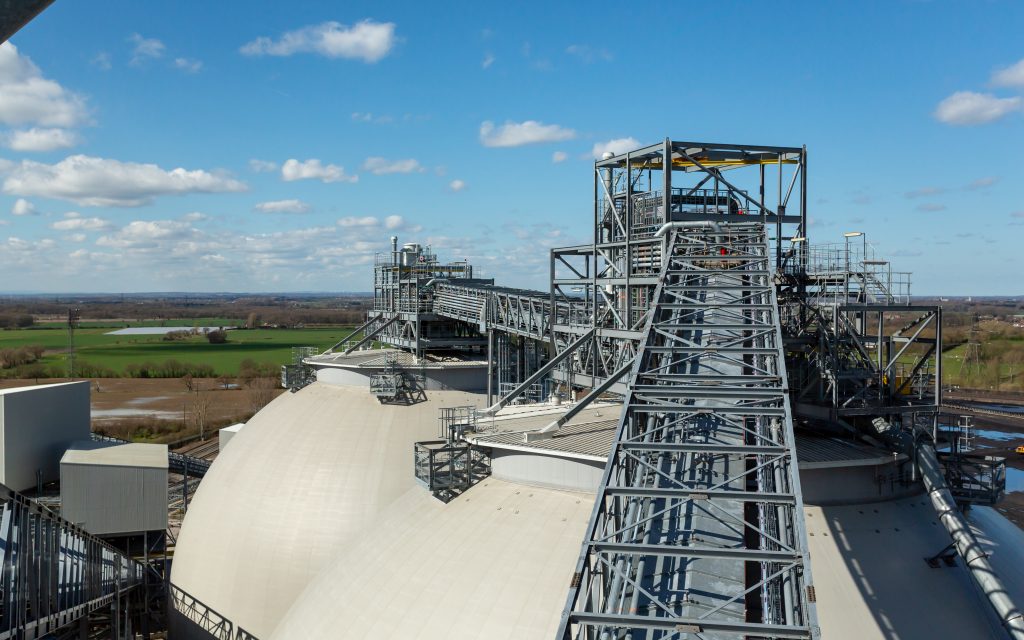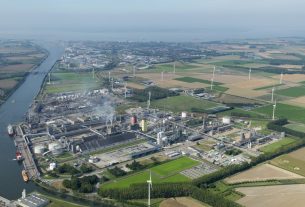United Kingdom – UK’s Department for Energy Security & Net Zero (DESNZ) has indicated that large-scale Power BECCS (Bioenergy with Carbon Capture and Storage) projects may soon be eligible to participate in an expansion of the Track-1 carbon cluster sequencing process.
The inclusion of Power BECCS projects in the carbon capture sequencing process marks a pivotal moment in the UK’s efforts to combat climate change. BECCS, which stands for Bioenergy with Carbon Capture and Storage, is a technology that combines bioenergy, such as burning wood pellets or agricultural residues, with carbon capture and storage. This process effectively removes carbon dioxide from the atmosphere, making it an invaluable tool in the fight against global warming.
Dual-track approach
As part of the update, DESNZ has outlined its draft expectation to run both the Track-1 extension and Track-2 processes in parallel, contingent upon technical and ministerial approvals. This dual-track approach signifies the urgency and commitment of the UK government in advancing carbon capture and storage technologies.
Following the recent designation of the Viking CCS cluster as a Track-2 cluster in July 2023, the UK now has two potential routes to support the ambitious Drax Power Station BECCS project and broader CCS (Carbon Capture and Storage) initiatives in the Humber region by 2030. These routes include the East Coast Cluster and the Viking CCS cluster.
DESNZ has laid out an indicative timeline, suggesting that shortlisted projects could commence negotiations as early as Autumn 2024.
Industry response
Will Gardiner, CEO of Drax, emphasized the importance of these developments in the context of the UK’s fight against climate change. He stated, “The Government’s statements are a helpful step forward not just for BECCS in the UK, but for the wider fight against climate change. We can only reach net zero by investing in critical, new green technologies such as BECCS. I welcome the Government’s draft position and urge them to progress with both Track-1 expansion and Track-2 processes in parallel this winter.”
Comprehensive approach to net zero
In a separate move in August 2023, the UK Government published a Biomass Strategy, outlining its stance on the use of biomass in the country’s pursuit of net-zero emissions. The strategy highlighted the extraordinary potential of biomass across various sectors, including power generation, heating, and transportation. It also emphasized the pivotal role of BECCS in achieving net-zero goals due to its capacity for large-scale carbon dioxide removal.
Additionally, formal discussions between Drax and the UK Government are ongoing, focusing on the development of a bridging mechanism to transition from the current renewable schemes, which extend until 2027, to the commissioning of BECCS at Drax Power Station.
The UK’s determination to embrace carbon capture technologies and expand the role of BECCS signifies a remarkable step towards a greener and more sustainable future, reaffirming its commitment to combating climate change on a global scale.




